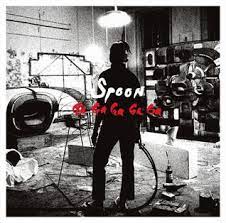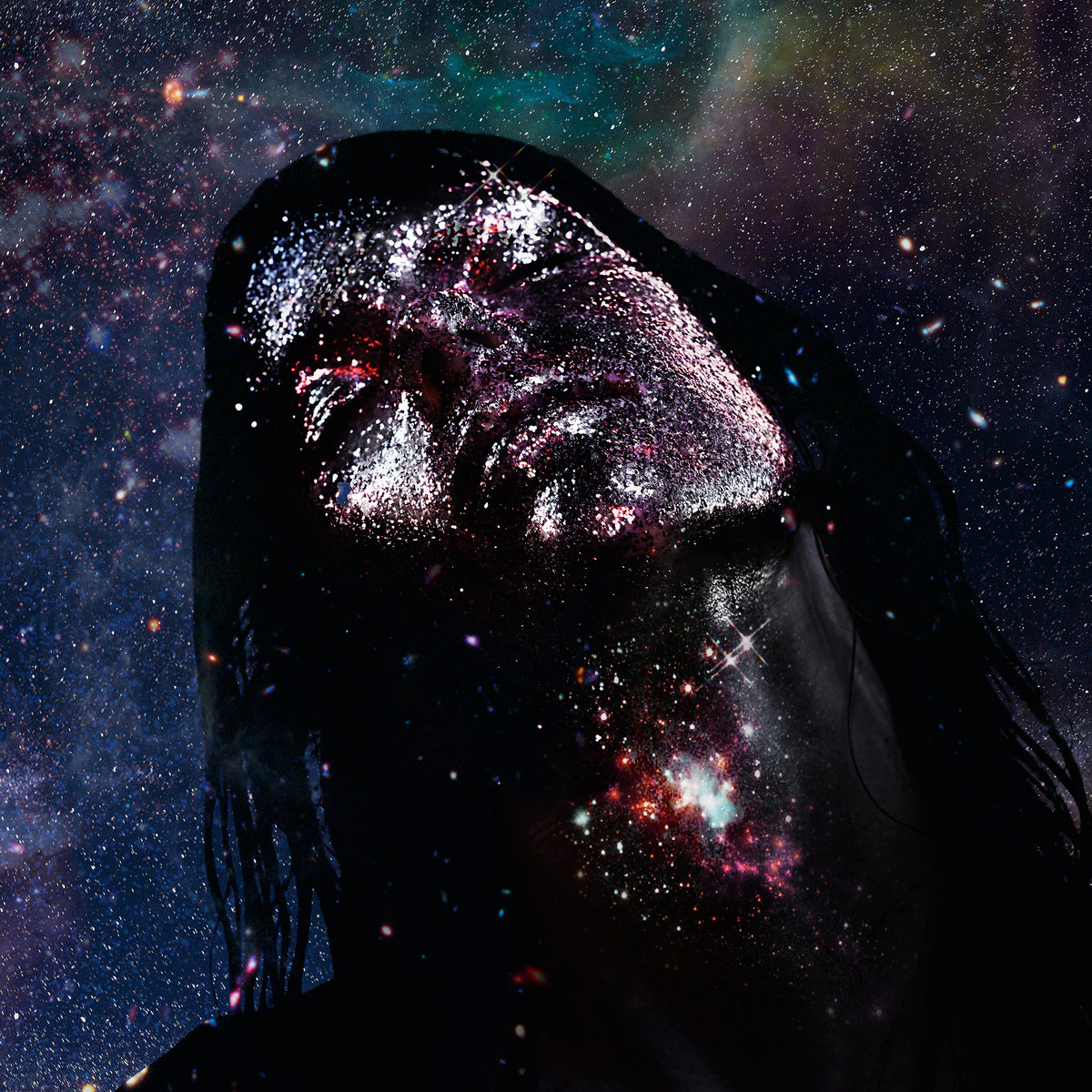First record club in ages! At my house! Had some family stuff going on. More on that later.
Trigger warning: Michael Jackson and all that entails, plus men being fucking horrible in other ways.
The recent Michael Jackson documentary was gross. When I was eight I wanted to be one of those kids that went on tour and starred in weird crappy sci-fi films with him. I taught myself to moonwalk (poorly), and “Bad” was the first 7” single I ever owned. I remember writing a story at primary school and wanting something fantabulous to occur, and the wildest thing I could think of was Michael Jackson turning up. The documentary made me feel like I was basically a talent competition away from being molested. From the first allegations in 93 I pretty much always assumed he’d been… up to no good, as it were, but I’m now thoroughly convinced that he wasn’t up to no good accidentally, because he’d had a crazy, sad, fucked-up childhood, but that actually he was a deliberate, organised, hiding-in-plain-sight paedophile, literally turning his house into an amusement park in order to attract young boys so he could rape them, and that the crazy, sad, fucked-up childhood defence is simply not enough, because there is no justification. Someone told me to look at the cover art of Dangerous again, and I did. Holy shit.
Anyway, with that documentary ringing in my ears, I invoked the theme ”What do we do with the art of monstrous men?” and pondered whether or not I could bring myself to play Off The Wall or Thriller.
I couldn’t.
So I played Microshift instead.
Let’s be clear and upfront: I am not comparing MJ to Michael Jackson here. Although those initials are unfortunate.
We love(d) Hookworms – Rob played their debut album ages ago and I think we all went out and bought it. I thought we’d played their second record at DRC too, but I can’t find a piece about it, so maybe I imagined that. When “Negative Space” first found its way onto 6music in late 2017 I was on tenterhooks for Microshift, because it seemed as if they’d gone down the exact path I would have chosen for them to go down. I was as excited for a new record release as I had been in… probably years. Genuinely. I felt like a teenage boy. I wanted to go on a pilgrimage to buy it.
I bought the record on the Friday it came out in early February 2018, the same day as Field Music’s latest album, which I also bought. Oddly enough, I am vaguely connected to both bands via social media, as many people are these days; Field Music via David Brewis on Facebook, where we talk about our kids, as they are similar ages. I think we made friends online after I wrote about them here, actually. With Hookworms it was following MJ on Instagram; he followed me back, and we occasionally conversed about stuff, as you do. He seemed like a decent guy; his heart in the right place, and constantly, vociferously fighting the good fight, especially in the wake of #metoo.
I expected to connect more with the Field Music record, as I knew it was largely about having kids, and how they both ruin(!) and enrich your life. My son was born the Monday after both records came out, so it seemed ludicrously pertinent and timely. But actually it was the Hookworms record that caught me; it may have been about dementia, mental health issues, loneliness, lost love, insecurity, and other such fun, positive stuff, but it dealt with those issues with such sensitivity and insight, and, most importantly, such rich, exploratory, exciting, detailed music, that it offered a level of escapism that I needed in those early weeks of suddenly having two kids. I listened to it pretty much obsessively; my walk to work (two days a week when not driving my daughter to nursery first) is about 45 minutes long, and Microshift fitted it perfectly. It found joy at sadness, and sadness at joy, and it made me feel wonderful to listen to it.
I was as in love with it as I have been with any new record in my adult life. I heard echoes of old favourites (Spacemen 3, New Order, krautrock), and new ones (Kaitlyn Aurelia Smith). I adored the move from guitars-upfront to electronics-upfront. I loved the sound, the layering. I loved the melodies, the structures, and the spacing. It felt like a massive step up from before, in terms of songwriting, production, and confidence. A band moving up to the next level. The reviews seemed to concur.
And then in July my baby son was diagnosed with a rare form of cancer affecting his immune system, and our family life collapsed into some kind of still-unfinished living hell. What had been a difficult first few months with two kids became something else entirely. Time for music evaporated. I watched a lot of crappy brainless action films in the evenings when I was alone, my daughter asleep upstairs and my wife and son in hospital. I listened to What’s Goin’ On once on the M5 alone on the way to the children’s hospital and cried a lot. I followed it with Bridge Over Troubled Water and “Save The Life Of My Child”. I lost touch with Microshift a little, and with a lot of things.
And then in October Hookworms suddenly announced that they had split up because MJ – singer, keyboardist, producer, leader of the band – had been accused of sexual and emotional abuse by a former girlfriend. MJ, who had constantly and repeatedly said “believe victims”. MJ, who had repeatedly hung men accused of impropriety out to dry on social media. His band dropped him like a stone within an instant of the allegations, split, and gave up their promising musical future.
The accusation came in during the worst part of our cancer fight; my son had done two rounds of chemotherapy which hadn’t had the desired affect, and we were in limbo, awaiting news as to whether he’d be allowed to try an experimental new treatment (he was, and it continues to go very well indeed). I was past the first whirlwind of the situation, where sheer momentum and having to basically single-parent my three-year-old daughter, while trying to support my wife (who was in and out of hospital constantly with our still-a-baby son) had carried me through, and I was negotiating a phased return to work. It was, it’s fair to say, about the worst time of my life, and this thing, this beautiful, expressive record, that I had found immense sanctuary in months before, and which I was looking forward to finding even more sanctuary in when I eventually had more time to pay attention to anything but basic survival, was suddenly… I don’t know. Shit upon? Sullied? Tainted? Even if only by suggestion, association, allegation. I had no time or capacity to investigate the allegations against MJ, no ability to try and form an opinion. I didn’t know whether to believe the accuser (always believe victims) or to believe MJ’s statement. Relationships are complex – after the last nine months I know that better than I ever did before, as my marriage has bent, creaked, and been misshapen under immense, indescribable pressure – and things are never simply one thing or another. But always believe victims. MJ said so himself.
So yes, Michael Jackson had an impossible, disgusting, insane childhood, and we should sympathise with him for that. Yes, he made some almost mind-bendingly astounding music that brought millions upon millions of people intense joy. But he also (allegedly) fucked little boys and ruined their lives and destroyed their families. I can hold all three of those thoughts in my head at once. I played “Don’t Stop ‘Til You Get Enough” in our kitchen the day after the documentary finished and I still enjoyed it. And my kids danced to it, because it is that good that even the first time you hear it you can’t help but dance. But I don’t know whether I’ll ever deliberately put it, or anything else by Michael Jackson, on again. I thought about Roland Barthes, and the birth of the reader and the death of the author. Can the author kill the art? Can the author kill (metaphorically) the reader?
I’ve not listened to Swans in a long time. I’ve listened to The Beatles a lot lately, often with my daughter. Let’s not forget John was a wanker. I’ve listened to Bowie, who did many questionable things as a young man. No Led Zeppelin. A bit of Miles Davis. I remember a glam rock box set being released several years ago and containing no Glitter Band, which is understandable but is also rewriting history in a way that makes my head hurt, because they were undeniably important to that scene. I’ve seen people in bands behave in ways I would not behave first hand. As a young and insecure man I have behaved in ways I would not now behave. I am reasonably sure that you could find hundreds (thousands, probably) of people who have done awful things in our record collection, our book collection, our film collection. As I’m writing these final sentences I’ve put Microshift on. “I still hear you every time I’m down / in a negative space / I can’t believe it.”
To quote Claire Dederer, they are (some of them) monster geniuses, and I don’t know what to do about them.

 “Phenomenologically beautiful” is a phrase I use with alarming frequency (probably more than anyone else who has ever lived, I imagine), particularly at record club, where I deservedly receive a ribbing for it every time. (In fact, if you google the phrase, most of the results are me being an idiot. I’ve probably upset some philosophers by mangling what they think it means.) Sometimes it’s really appropriate, though.
“Phenomenologically beautiful” is a phrase I use with alarming frequency (probably more than anyone else who has ever lived, I imagine), particularly at record club, where I deservedly receive a ribbing for it every time. (In fact, if you google the phrase, most of the results are me being an idiot. I’ve probably upset some philosophers by mangling what they think it means.) Sometimes it’s really appropriate, though. I’d only bought this record on the Friday before our Tuesday meeting, but the half-dozen (occasionally broken / distracted) listens I’d managed to accumulate in that short time revealed this to be about the most ‘Nick’ record I could bring to record club. Indeed, perhaps the most ‘Nick’ record I could even imagine at this point in time; it feels like the square route (or the sum, or something – ask one of the mathematicians in the group what I mean) of much of my favourite music for the last few years.
I’d only bought this record on the Friday before our Tuesday meeting, but the half-dozen (occasionally broken / distracted) listens I’d managed to accumulate in that short time revealed this to be about the most ‘Nick’ record I could bring to record club. Indeed, perhaps the most ‘Nick’ record I could even imagine at this point in time; it feels like the square route (or the sum, or something – ask one of the mathematicians in the group what I mean) of much of my favourite music for the last few years. How do you write about Jeff Buckley in 2016? When so much water has gone under so many bridges, when so many imitators have drained his legacy, assuming that a sensitive falsetto is the key part of it? How do you even listen to Jeff Buckley in 2016, given all this? It’s nearly 20 years since he dove into the Mississippi and never climbed out.
How do you write about Jeff Buckley in 2016? When so much water has gone under so many bridges, when so many imitators have drained his legacy, assuming that a sensitive falsetto is the key part of it? How do you even listen to Jeff Buckley in 2016, given all this? It’s nearly 20 years since he dove into the Mississippi and never climbed out. I reckon U2 are more influential than The Velvet Underground, in terms of how many records the artists influenced by either have sold. And how many artists they’ve influenced. Turn on the radio at any point in the mid-00s and you’d hear a massive Sincerity Rock Band with echoes of U2; take “Sweet Disposition” by The Temper Trap as an example. Or Coldplay or Snow Patrol’s entire careers. (OK, maybe not the first two albums by the latter.) When I first heard Arcade Fire I baulked because everyone was going crazy for them but they were using the U2 bassline all over Funeral, which I basically see as both emotionally manipulative and creatively bankrupt. Arcade Fire then, of course, went “full Achtung Baby” on Reflektor. More about what “full Achtung Baby” means in a bit, possibly. Even in the 90s the likes of Oasis and Radiohead made nods towards the Irish megaband even if they didn’t quite sound like them.
I reckon U2 are more influential than The Velvet Underground, in terms of how many records the artists influenced by either have sold. And how many artists they’ve influenced. Turn on the radio at any point in the mid-00s and you’d hear a massive Sincerity Rock Band with echoes of U2; take “Sweet Disposition” by The Temper Trap as an example. Or Coldplay or Snow Patrol’s entire careers. (OK, maybe not the first two albums by the latter.) When I first heard Arcade Fire I baulked because everyone was going crazy for them but they were using the U2 bassline all over Funeral, which I basically see as both emotionally manipulative and creatively bankrupt. Arcade Fire then, of course, went “full Achtung Baby” on Reflektor. More about what “full Achtung Baby” means in a bit, possibly. Even in the 90s the likes of Oasis and Radiohead made nods towards the Irish megaband even if they didn’t quite sound like them.